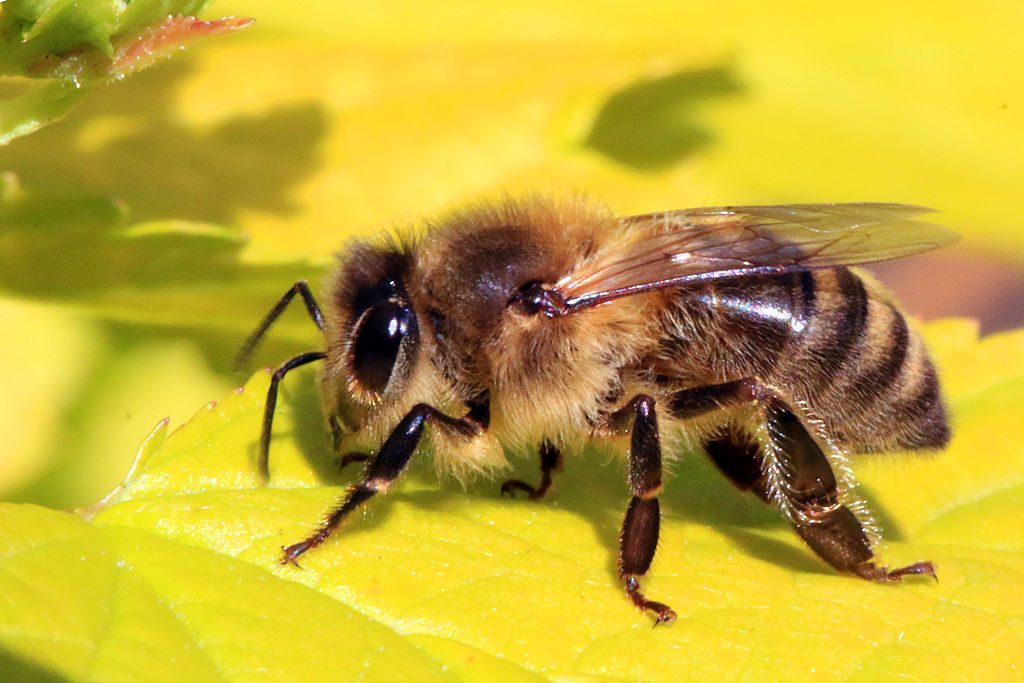
A new report issued by ecologists at Sussex University shows a devastating decline of insect life around the world. The researchers, carrying out an investigation for the Wildlife Trusts, found that 40 percent of the one million known insect species are now facing extinction. There are currently more than 70 studies showing declines in insects and other invertebrates in one place or another, and when the information is combined, it paints a frightening picture for the future of humanity.
Insects are vital to the ecosystems they inhabit. Many birds, bats, reptiles, small mammals, and fish would starve without insects to eat. Nearly 90 percent of plants rely on animal pollination, mostly from insects, so human food sources depends on their survival. Dave Goulson, a professor of biology at the University of Sussex UK and the author of the new report, said, “Three quarters of our crops depend on insect pollinators. Crops will begin to fail. We won’t have things like strawberries. We can’t feed 7.5 billion people without insects.”
Now, evidence suggests insect populations may have shrunk 50 percent or more since the 1970s. Butterfly numbers fell 46 percent in the U.K. between 1976 and 2017. German traps caught 75 percent less insects between 1989 and 2014. At least 23 species of bees and wasps have disappeared over the past 25 years.
The report’s authors wrote: “The consequences are clear; if insect declines are not halted, terrestrial and freshwater ecosystems will collapse, with profound consequences for human well-being. The good news is that it is not too late; few insects have gone extinct so far, and populations can rapidly recover.”
The study points to a combination of factors for the decline, including habitat loss, climate change, and pesticide use. The use of pesticides has doubled in the last quarter-century, while that as much as a tenth of the Earth’s wilderness has been destroyed in the last 20 years. “If these massive declines continue, the ramifications are enormous,” said the study’s authors.
